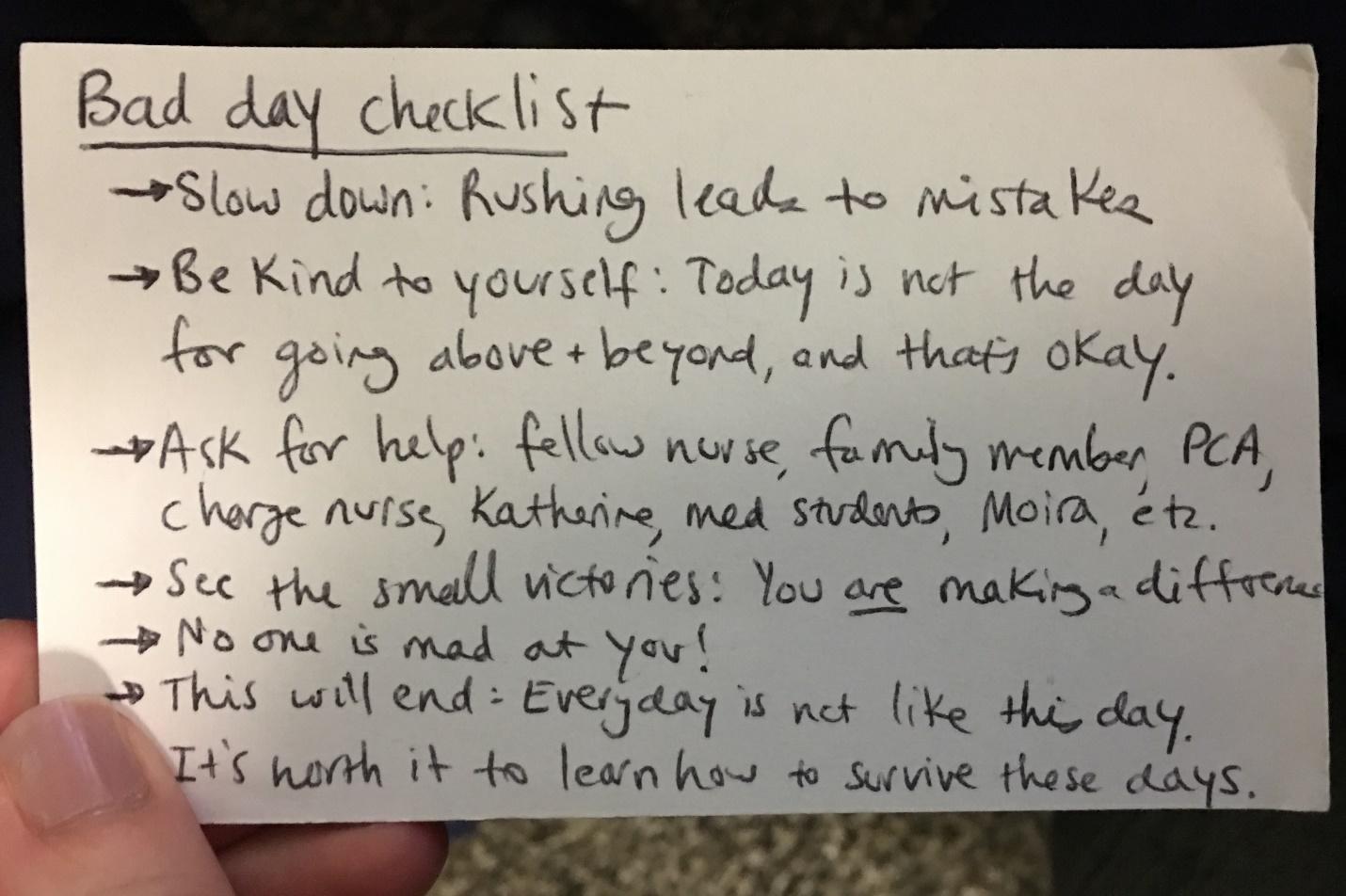By Andrea Useem
I discovered two wonderful things in my 40s that many people discover decades earlier: critical care nursing and "The Lord of the Rings." They are very different, I know — one is a career while the other is an epic fantasy story.
But "The Lord of the Rings" has taught me a vital skill I did not learn in nursing school or preceptorship or even CCRN prep-class: how to survive a bad day in the ICU.

When I started as a new-grad bedside nurse three years ago, the "bad days" usually involved feeling overwhelmed: I struggled to keep up with the flood of orders on a crashing new admission. It still took me forever to find anything in the supply closet. And an hour after my shift was over, I would be charting in a corner, with the night shift nurses asking why I was still there.
Those days made me feel demoralized. I wondered how I could ever do this job — how anyone could do this job — given the physical, mental, emotional, intellectual and spiritual stamina required.
When I would get in my car at the end of the day, completely wrung out, I would press "play" on my audio edition of "The Lord of the Rings" and lose myself in a world of elves and snowcapped mountains while I drove home.
If you haven't read "The Lord of the Rings," allow me to summarize it: There's a hobbit named Frodo, he has an important job to do, and completing that job leads to a series of very, very bad days.
For obvious reasons, I began to identify with Frodo and how he survived a difficult — even seemingly impossible — journey toward his goal.
Early Days
In those early days as a new-grad ICU nurse, I admired Frodo for putting one foot in front of the other. I often thought of a moment near the beginning of his journey, when he starts to realize how truly difficult it will be. He is standing on top of a jagged hill with his friend Sam. The sun is setting and they are gazing ahead, far away, to the terrifying mountains where they must go to finish their job. At this point, Frodo is already hungry, tired and afraid. The path ahead of him is bleak and uncertain. But still he faces the future, with his friend Sam at his side. And he chooses to keep moving forward.
This image inspired me because, as a new nurse, I too was just realizing how much I had to learn. As I slowly gained competence in the basics of ICU nursing, I started to see that next level of knowledge and knowhow.
Yes, it's great to successfully draw an ABG on a hypotensive patient, but how about successfully interpreting the results that come back from the lab? And I might know it is normal for my patient with delirium tremens to be hallucinating, but how do I find the patience to cope with his relentless attempts to climb out of bed?
In these early days, I discovered something precious that came to me by chance: a work friend. Karin Kutscher is a fellow career-changer and recent grad who started on our unit at the same time as I did. From the get-go we compared notes, encouraged one another and texted each other tips and tricks we had learned the hard way.
After a long shift, we would stand by our cars until it got dark, talking through the challenges and reminding each other that we shared the same goal: to become a competent ICU nurse. And some days we even let ourselves imagine a goal that seemed so distant as to be impossible: to become expert ICU nurses, who might someday have knowledge to share with others.
